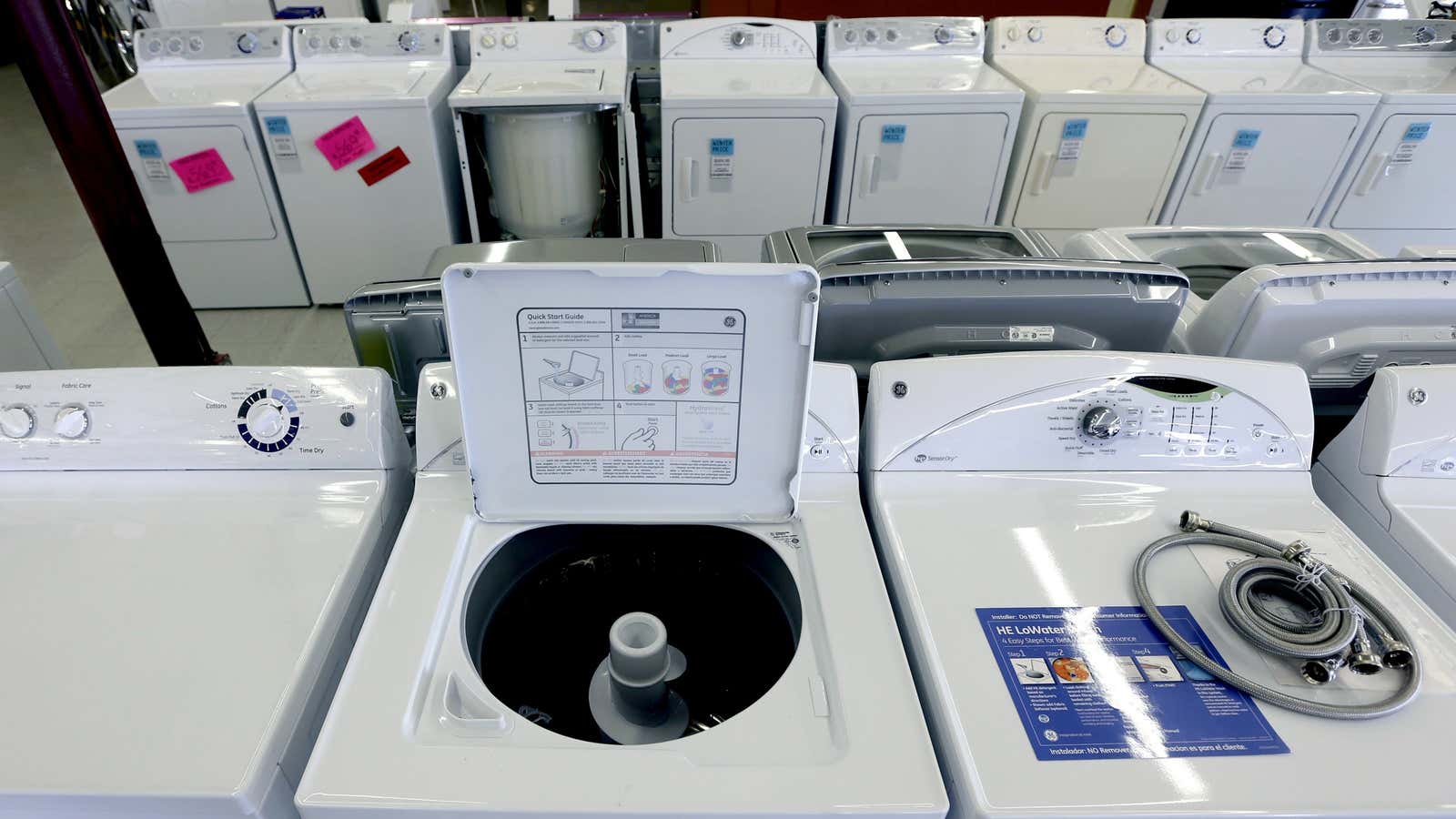Despite what you may have read, New Zealand is not “banning” software patents. Indeed, the country has never explicitly allowed the patenting of software in the first place, and excluding software from patentability would violate New Zealand’s international patent obligations. Instead, today’s amendment to the country’s in-progress patents bill (pdf) skirts international law in a creative way: the country’s government will instead declare that software is simply not an invention in the first place.
Further complicating matters, New Zealand’s amended law will still allow for the patenting of software when it is part of a novel piece of hardware. So, for example, software that does nothing but process legal documents while running on “conventional” hardware is not patentable. But the software that allows a clothes washing machine to clean clothes in a new way is patentable.
This creates at least one loophole in the law, and it’s one makers of software have used since before the US began allowing software patents: People and businesses can simply claim that the software part of any new system (which might have included only some notional bit of new hardware) was a part of the patent of a “device.” [Update: Paul Matthews, head of Chief New Zealand’s Institute of IT Professionals points out that elsewhere in New Zealand’s patents bill, the UK’s “Aerotel Test” for the patentability of software is implemented, which specifically disallows the patenting of devices where the software is the only real innovation. This closes the potential loophole.]
Even so, members of New Zealand’s IT industry heralded this amendment to the country’s yet-to-be-passed patents bill. “In general, software patents are counter-productive, often used obstructively and get in the way of innovation,” the CEO of Orion Health, New Zealand’s biggest exporter of software, told the New Zealand Herald.




